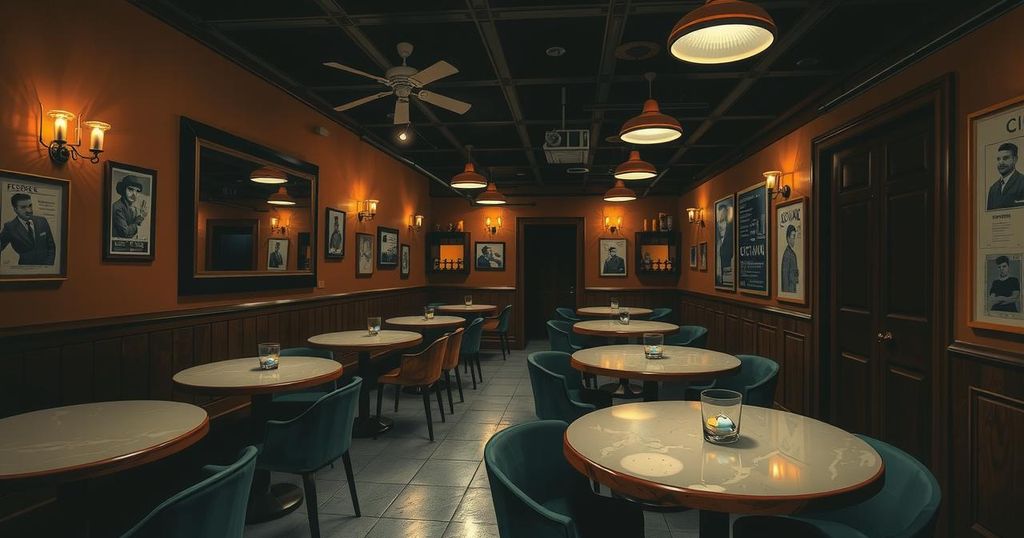- Chile loses about $8.2 billion a year to crime.
- La Piojera, a historic bar, sees 60% drop in sales.
- The local murder rate has spiked, causing social shifts.
- Businesses are offering late-night discounts to attract customers.
- Fear of violence leads citizens to change their outing habits.
Economic Impact of Rising Crime in Chile
A recent study by CLAPES UC, associated with Chile’s Universidad Catolica, has unveiled a staggering statistic: the country’s economy is losing about $8.2 billion a year, equivalent to approximately 2.6% of its GDP, primarily due to escalating crime. This increasing violence has far-reaching consequences, with local businesses, particularly bars and restaurants, feeling the strain. In downtown Santiago, historic establishments like La Piojera, once vibrant with the sounds of typical Chilean music and flavors, are now forced to adapt to a grim reality where crime affects their operational hours and customer traffic.
Local Business Adaptations to Combat Declining Sales
La Piojera’s manager, Mauricio Gajardo, reported a sharp decline in sales, with revenue down by 60%. On a typical Saturday night, the bar used to buzz with patrons until past midnight, but now Gajardo finds himself locking up by 8:30 p.m. The fears surrounding safety, despite some assistance from municipal guards, continue to deter customers. In contrast, other local businesses, such as Bar & Vuelvo, are implementing creative strategies like late-night discounts to attract more evening customers, recognizing that business slows significantly after 10 p.m.
Shifts in Social Behavior Amid Security Concerns
The spike in crime, particularly murders, is unsettling for many residents. Since 2016, the murder rate has climbed to 6.0 per 100,000 residents in 2024, compared to a low of 2.32 in 2015. While this rate is relatively low in comparison to some Latin American countries, researchers like Leonardo Hernandez argue that the economic repercussions in Chile are felt more acutely because it hasn’t normalized violence to the degree seen elsewhere. Local students like Jose Tomas Rodriguez note this shift in behavior as they and their friends adapt their social outings to earlier in the day to avoid late-night risks.
Rising crime rates in Chile are resulting in significant economic losses, with local businesses adopting various strategies to cope with the decline. Reports illustrate shifting social routines as citizens opt for safety over late-night outings. With a focus on tackling these challenges, Chile continues to navigate a complex landscape of security and economic vitality.






